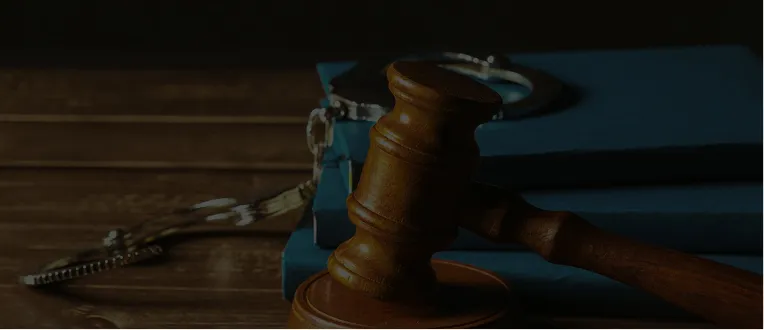
Your smartphone isn’t just a device—it’s your camera, calendar, wallet, diary, and sometimes even your doctor’s office, all rolled into one. It stores your private messages, photos, apps, and a detailed map of your locations. So when a police officer asks to take a look, it’s only natural to feel a rush of anxiety.
Can they really just search your phone without a warrant?
In this blog, we break down what Texas law says about police searching your phone, when they need a warrant, and the limited exceptions to your constitutional protections in Kaufman County.
The Fourth Amendment and Cell Phones
Under the Fourth Amendment to the U.S. Constitution, individuals have the right to be free from unreasonable searches and seizures. This protection applies to your phone just like it applies to your home or vehicle.
In 2014, the Supreme Court of the United States ruled on this matter in Riley v. California. The Court determined that police are required to secure a warrant prior to searching a cell phone, even if it was seized during an arrest. The reasoning? Phones contain an immense amount of personal data, and a warrant ensures that law enforcement respects privacy rights while conducting legitimate investigations.
What About Texas Law?
Texas law follows the same constitutional principles. In Kaufman County and across the state, law enforcement generally cannot search the contents of your phone without first obtaining a warrant from a judge, supported by probable cause.
Exceptions to the Warrant Rule
There are a few key exceptions that could allow police to search your phone without a warrant, but these are narrow and must meet strict legal standards:
- Consent: If you give police permission to search your phone, they don’t need a warrant. Be cautious—once you give consent, you may not be able to retract it.
- Exigent Circumstances: In rare cases, police may argue that urgent circumstances justify a search without a warrant—for example, if they believe someone’s life is in danger or evidence is about to be destroyed. However, courts scrutinize these situations closely, and they typically don’t apply to most routine arrests.
- Searches at the Border: If you’re at the U.S. border or an international airport, different rules apply. Customs agents have broader authority to inspect phones without a warrant. However, even this authority is being challenged in court.
Can Police Force You to Unlock Your Phone?

Another complex issue is whether law enforcement can force you to unlock your phone. The response varies based on how it’s secured:
- If a passcode protects your phone, courts have generally ruled that requiring you to share it violates your Fifth Amendment right against self-incrimination.
- If your phone is secured with biometrics (such as Face ID or a fingerprint), some courts have ruled that police can force you to unlock it, while others disagree. The law is still evolving in this area.
Contact Guest & Gray Today and Learn More About Protecting Your Rights in Kaufman County
Whether you’re facing a traffic stop in Forney or an arrest in Terrell, you have constitutional rights that apply to digital privacy. If your phone was searched—or you believe your rights were violated—it’s crucial to speak with a skilled criminal defense attorney.
At Guest & Gray, we understand how intimidating it can be when law enforcement tries to access your private data. Our experienced legal team fights to protect your rights and defend your freedom.
If you believe your phone was searched illegally or are under investigation, contact Guest & Gray today for a confidential consultation.

















